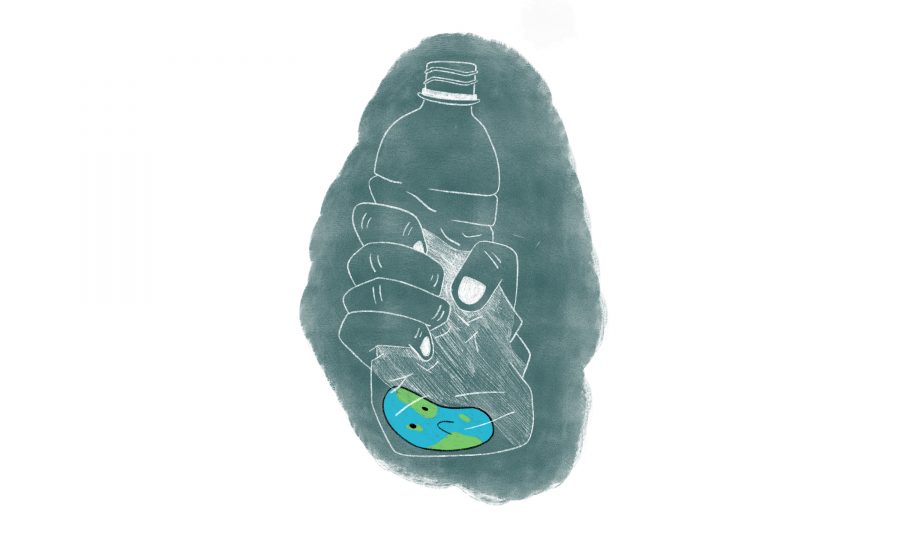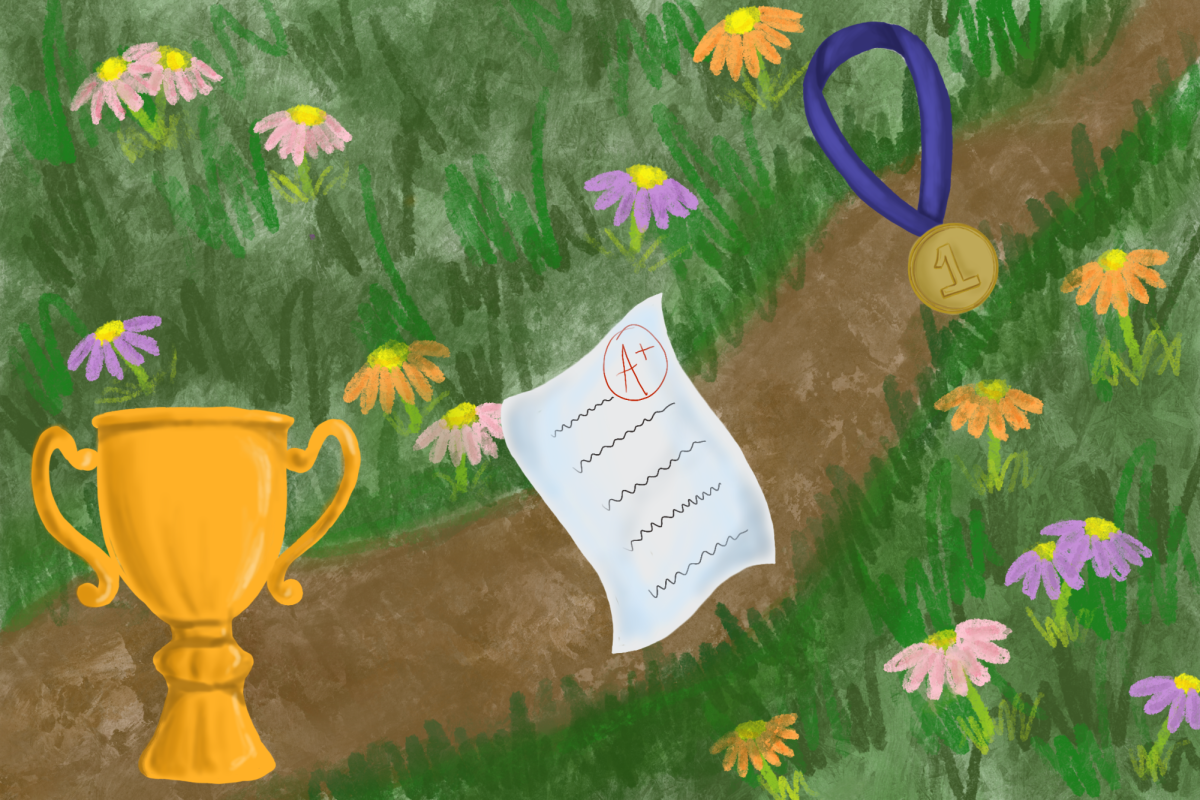About 275 million years ago, the Permian Basin was completely underwater, but for most of my childhood, my hometown was lucky to get 10 inches of rainfall a year. Burn bans and water rationing were the norm — all in the hope that we would limit our water usage.
In light of recent events in Austin, there’s a similar sentiment that is shared and coupled with the realization that perhaps city residents use more water than they are required. Reducing your water usage not only lowers your water bill, but it creates a more sustainable lifestyle that could even lead to tax rebates. Here are a couple of easy steps to help revamp your
water-user profile:
Take shorter showers
Trying to introduce the combat shower method — only use running water when rinsing, but otherwise leave the water off while you lather. Also, try taking note of how long you’re in the shower by creating a playlist of songs that are two to three minutes long, and then keep all showers under a three-song limit. Keeping a single song as a marker in mind, can help keep you on track. For example, after one song you should be one-third of the way through your shower routine.
Look into introducing a greywater system into your home
See if your landlord would be interested in hooking up a greywater collection system to your home — there are tax incentives and potential city incentive programs that they could benefit from. If not, look into small ways to efficiently use your own greywater. If you have houseplants or a small garden, try collecting the shower water that is normally wasted while you wait for the shower to warm up and using it in a small bucket to water your plants.
Use water and energy efficient machines, if you have the option
If you already have water efficient appliances in your home — good job. If not, see if your landlord would be interested in upgrading their property. In the long run, dishwashers and washer/dryers can be incredibly wasteful, and this small upgrade can make a huge difference.
Hand-wash your dishes
If you don’t have access to an energy efficient dishwasher, try washing dishes by hand in an environmentally friendly way. Plug the sink drain and fill it half-way with hot water and dish soap. Then, scrub all of the dishes you need to wash and only turn on the water again to rinse. This lowers the time you spend running water, thus minimizing water waste.
Only wash full loads of laundry
Try only running your washing machine when you have a full load to wash, rather than using the small or medium load setting. To take this sustainability a step further, try drying your clothing on a line to save energy and keep your clothes looking brighter, longer. If there’s a single item you really need to wash, hand wash it in the sink basin and then let it air dry.
There are endless ways for you to cut down your water footprint, but starting small can lead to a bigger impact. For more information, visit the Eden Project website.
Mia Stanley is an Art History sophomore.













